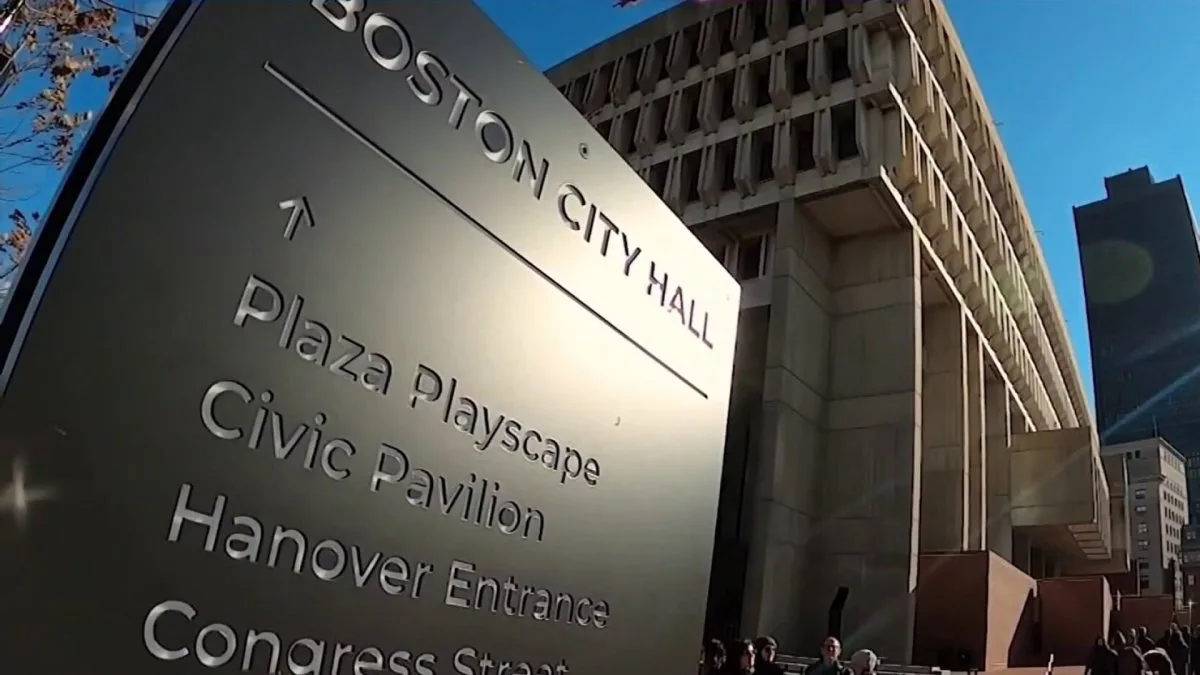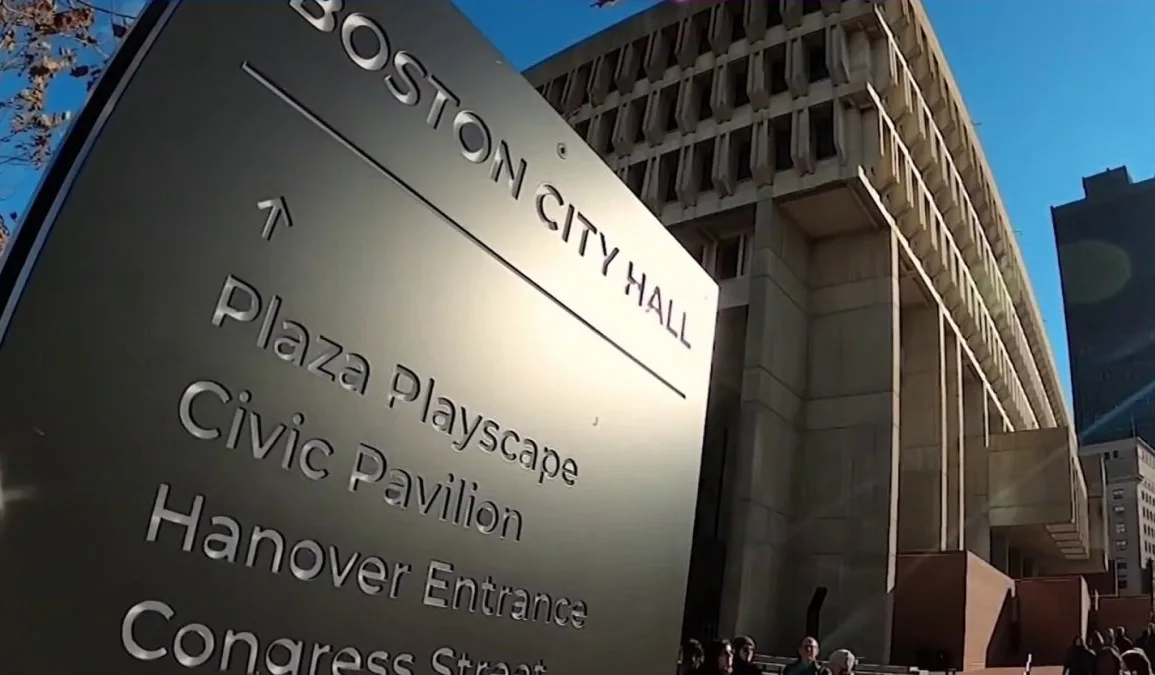
The City of Boston has announced the members of two teams of people who will work to research and document the city’s ties and role in slavery as part of the Boston Reparations Task Force.
The teams are made up of historians who will examine the legacy of slavery in the city starting from 1620 to the present. These teams will have a year to do their work and create a report recommending the next steps forward in the city’s reparations response.
“I’m grateful to these teams of historians who will serve our city by documenting Boston’s role in the trans-Atlantic slave trade and the myriad legacies of slavery that continue to impact the daily lives of our city’s communities,” said Mayor Michelle Wu in a media statement. “Through their scholarship and partnership with our task force, we will better understand the full picture of our city’s history and look forward to their comprehensive report that will build on our ongoing efforts.”
The first group will look at the years from 1620 to 1940. it is made up of Dr. Kerri Greenidge, Mellon associate professor in Studies of Race, Colonialism, and Diaspora at Tufts University; Dr. Kendra Field, director of the Study of Race and Democracy and associate professor of history at Tufts University; and Kyera Singleton, executive director of the Royall House and Slave Quarters.
The second team will cover 1940 through the present and is a coalition from Northeastern University, headed by Margaret Burnham, a university distinguished professor and director of the Civil Rights and Restorative Justice Project, and Dr. Deborah Jackson, managing director of the Center for Law, Equity, and Race. They will work alongside a team including Dr. Ted Landsmark, a distinguished professor of Public Policy and Urban Affairs; community leader Donna Bivens, and Richard O’Bryant, director of the John D. O’Bryant African American Institute.
“Boston is on trial to redress historical injustices that flow directly and indirectly from the institution of chattel slavery, and the examination of the truth and expansion of the narrative that will give us that evidentiary pool from which to argue for repair,” said L’Merchie Frazier, a member of the Reparations Task Force.
The groups were selected through a formal Request for Proposal process and evaluated by city staff and other members of the task force. There is a $500,000 budget to support the study effort and the members are expected to give regular updates to engage with the community.
The Reparations Task Force was first established by a 2022 city ordinance. Its members were announced in February 2023.


